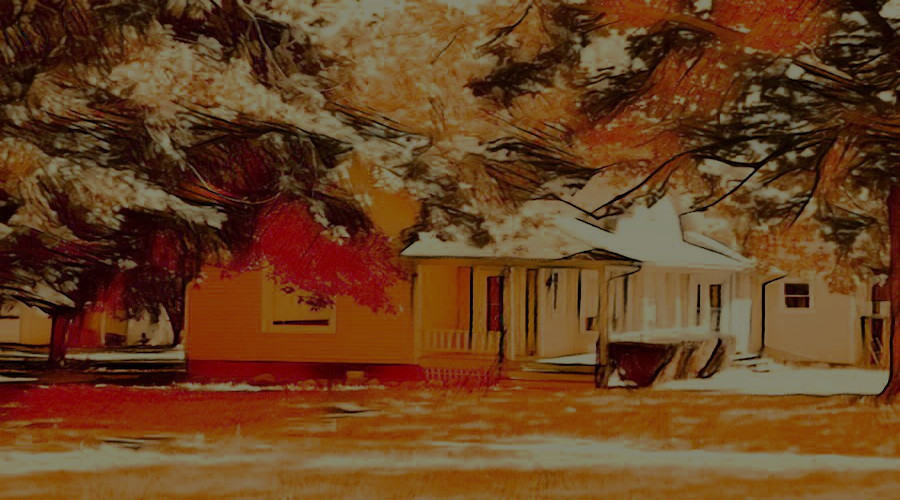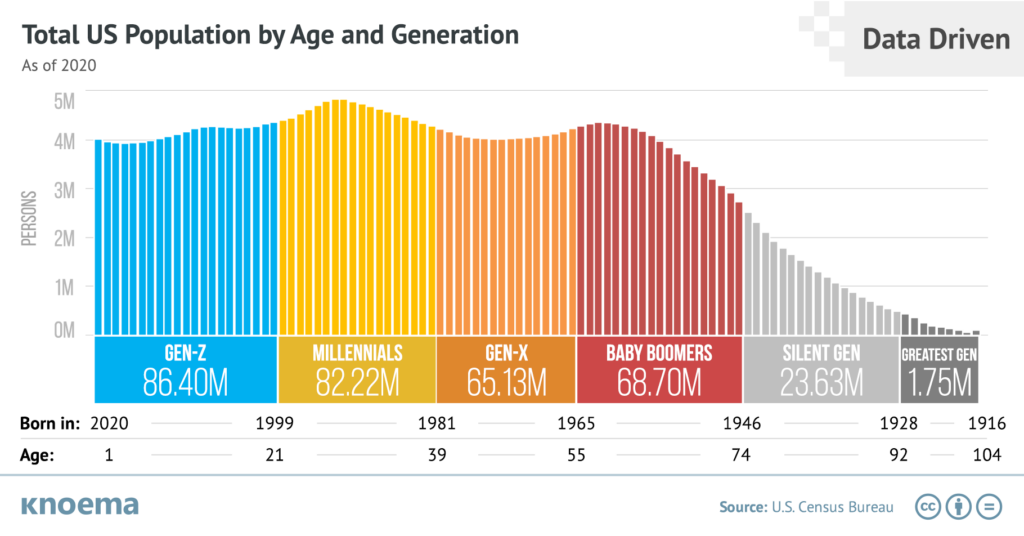
…a degrading of content—in search engine answers and on forums—from #AI pollution.
And this is just the speck of black on the horizon. The storm is coming…

Selected Writings of M. Harbinger

…a degrading of content—in search engine answers and on forums—from #AI pollution.
And this is just the speck of black on the horizon. The storm is coming…

Recently I came to grips with the idea that I no longer read or enjoy fiction the same way as most other readers. By that I mean: what I call ‘good writing’ versus ‘bad’ is no longer mainstream. This is subjective, but I have to wonder how many others from my era (I’m a Gen-Xer) agree.
Here are the 4 things I look for (and how often they fail).
1. Are there any interesting characters (with both internal and external conflict to navigate) for me to sympathize with?
~~> About 1 in 5 stories, from any era, fail this. And I’m sure I’m not alone in using this metric. So far, so good. I’m still a norm-ie.
2. Does the author prioritize laying out a satisfying story (for example, is there a meaningful resolution and does it not use, say, nihilism or linguistic vagueness as a SAM [storytelling avoidance mechanism]?
~~> Again: about 1 in 5 stories, from any era, fail this for me.
3. Is any of this, in any way, original?
~~> Another 1 in 10 drop the ball here. You would think that this would either get harder over time (‘nothing new under the sun’) or easier over time (as the authorship has gotten more diverse); but, no, this turns out to be pretty constant tor me—regardless of era.
4. Is the author’s prose not, well, prosaic (ie, does the author commit to a/any kind of stylistic choices in support of the story)? Is a different POV used where it would’ve been a better choice? Does the author’s personal style infuse the prose? Is it not merely a polemic dressed up as fiction?
~~> This is where the modern era—by which I mean since, say, 2000—really stinks up the joint.
Before then, this was only a similar consideration to the others, maybe 1 in 4, which still left about 25% of stories that I’ll find captivating. Like, for Sci-Fi, I can walk into any used bookstore and pick up a couple old “Ace Double” two-in-one books and I’ll be set. They’ll all be interesting and I can be sure at least one tale will be amazing.
But, now the pedestrian writing (force-fed by industry editors, and copied by the ubiquitous self-publishers) kills virtually all the rest. Bottom-line: If it’s been published in the last twenty of so years, my chances of liking it are closer to 1-in-100 than 1-in-4. Yikes!
So what?
This might be too bad. But, if that was all only about me, it would be a ‘sucks to be you’ thing, right?
But the real tragedy for me is how this homogenization has affected the general reader. From my time in book clubs, online on Social Media, and in critique groups of all kinds, it seems that the general reader has been conditioned to accept the same old, same old (which, ironically, is actually quite new).
Conformity is demanded and creativity seems to be punished—a recent book promo that I was a part of listed “First Person” as a sub-genre. A sub-genre!!!
But, mostly, it’s not a conscious thing. It’s similar to what’s happened to the music industry. Listen to the top 100 pop songs on Spotify and you’ll hear essentially the same thing. No bridge, No pre-chorus—it’s been documented that key changes have essentially disappeared in modern music. In the decade of the 2010s, for example, only one “number one” hit, Travis Scott’s “Sicko Mode”, (2018) had a key change.
I believe this is why the modern reader so often says they’re being “kicked out” of a story. I think this is a fairly new phenomenon. As I grew up, no one used that phrase. A story “grabbed us” (or not). Or we would “give up” on a story. But, “kicked out”? That’s a strange phrase. It’s violent and visceral, like a rubber band snapping or a door being slammed in our face. It turns reading from a conscious process into some kind of lizard-brain response. Like, what, exactly, are you so afraid of?

This Church has apparently been named “Church of Christ Meets Here.” (See, for example, both signs)
Now, you might think that’s a silly name, but I am here to tell you: it could be worse. For example—for a while, there—a splinter group actually broke off from this Church. And they opened up right next door!
But, that new congregation never really amounted to much. Because they named themselves:
“Second Church of Christ, We Meet Over There, Too”
People who don’t respond to emails crack me up—like…for example, *Noam Chomsky* responds to emails.
I am willing to bet that demands for Chomsky’s time are greater than yours or mine or (pretty much) anyone else’s. Yet, he, at 94, manages to answer emails.
Get it together.
Me, to my wife, after several excellent life-suggestions she’d just given me:
Me, with sincerity, as I exit to go to the washroom: “Wow, ever since [you started using] the CPAP, you’re really on it! I’m just gonna step back and let you make all the decisions…”
W: “Can I get that in writing?”
Me: <long pause> “no.” <quickly closes door behind me>
W: “Damn.”
Me: <from behind door> “so close…”
The Coffeebeat Cafe™ (which is not really trademarked), as a make-believe place wherein I hold onto my creative experience, is expanding —
Wait, hang on—here’s my logo, for effect:

Anyway, we’re expanding our imaginary cafe to include a Substack, which is, from now on, how I’ll be handing my newsletter. And the newsletter will be focused on my future projects as well as—get this—be published on a weekly basis, with new content (ie, poems, never before seen short works, …like that) each time.
I know, I know. How can you possibly handle all this change? First global warming, now this?
Well, don’t worry. It’s all already been taken care of. You just sit back and enjoy the stuff and business. That’s how we roll.
She sleeps in folds of thin sheets and thicker meds—
After twenty-four, then twelve more
hours of no food or water. Like two friends jogging,
her body stops to wait for her flagging spirit, redeeming no breath.
From the sidelines at home, I wait for the call.
Halfway ‘tween fear and relief, I don’t go to bed.
I stay up: listening to whistling snow, sounding like songs sung to us kids;
watching shows we might have watched, had she wanted more.
In the empty chill of a person’s final winter, too cold and tired is regret,
‘cause suddenly it’s midnight. And the day has arrived anyway.
And all I have done is miss the dream of a happier death.
AIs run on the data that users give them—freely and usually without regard to personal privacy.
People who make the “AI is only a tool”-type arguments might want to consider the possibility that they’re projecting…
#surveillancecapitalism
#politics
#life
#psychology
#BigTech
#medialiteracy